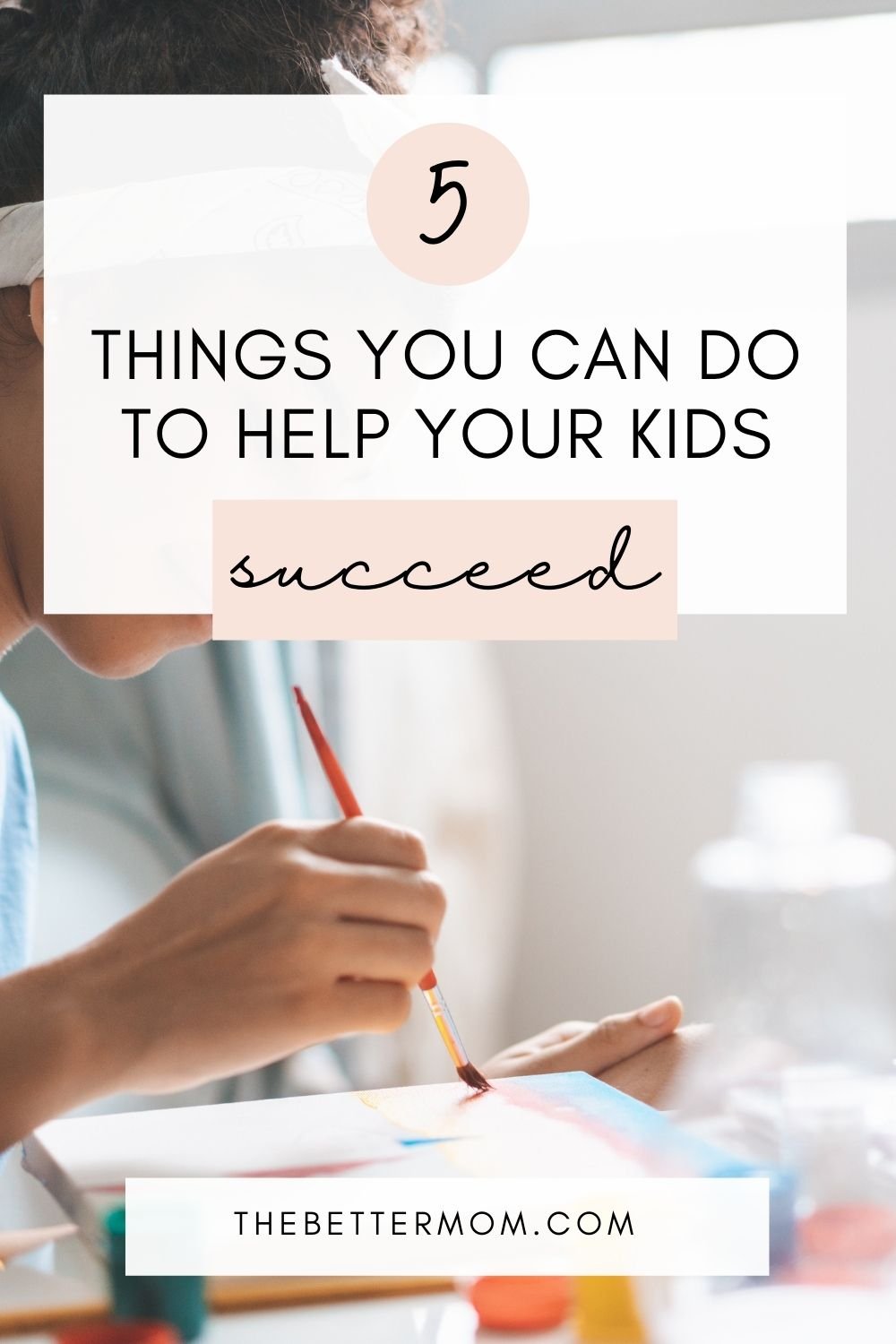Grit or Quit: When to Let Your Kids Stop an Activity
You’ve identified the top instructor. You’ve hunted down decent equipment at a reasonable price. You’ve rearranged your schedule, sacrificed dinner prep time, coordinated transportation even stretched the budget. All so your kid could participate in that extracurricular activity he was dying to try.
Three weeks (or maybe years) later, he announces, “I want to quit!”
So what do you do? On the one hand, researchers are claiming grit, or “passionate persistence” is the key to reaching one’s potential. It’s more important than natural talent and IQ when it comes to significant achievement. And persevering through sports and instrument lessons certainly builds grit.
On the other hand, anxiety levels in teens are at an all-time high. They’re crumbling under pressure to be good students, athletes, artists, musicians, and friends. Big picture, is it really good for them to constantly be pressured to persevere? When does developing grit become counterproductive?
We’re left with a difficult choice. And since we’re moms, we conclude the worst-case scenario will certainly become our reality if we make one wrong move.
Worst-Case Scenarios
If I let him quit, he’ll become a high school dropout, and never hold down a steady job.
If I make her stick with it, she’ll rebel in high school, and resent me for the rest of her life.
As it turns out, nurturing well-balanced kids who are willing to try new things, not afraid to fail, have endurance, and are able to persevere with passion when things get tough is really hard! One might even say it requires grit.
Here are some tips to help you navigate this tough terrain:
1. Have the “Quit” Conversation Before Starting a New Activity:
Clarify your expectations before signing up and make sure you, your child, and the instructor are on the same page. If you pay for a season, they play/participate for the entire season, especially when teammates are involved.
If it’s not a seasonal sport or activity, agree on a trial period that aligns with the fee schedule. For example, if you pay monthly, your child gives it a solid month of 100% effort, then revisit the conversation.
Be clear up front that instruments require practice, and practice is hard work.
2. Get to the Bottom of the Desire to Quit:
If your child expresses a desire to quit, try to figure our the real reason and work on solving that problem. For example:
It’s Isolating - Instruments, especially, can be lonely work. Ensure he’s in other social activities or getting enough time with friends. Ask the music teacher if she can play duets with another student.
It’s Hard/Not Fun - Ensure your child is at the appropriate level and understands everything he or she has learned so far. Empathize with their struggle, and remind them hard work is not supposed to be fun. Implement practice routines that include some fun, such as smaller chunks of time with play in between, or a small reward for engaging in every practice session for the week.
Not Good At It - Kids can get discouraged when they don’t feel good at something, especially if their friends are. Perhaps a bit of extra time with a coach, or help practicing would make a difference. It’s also a good idea to remind them that it takes time to develop skill.
Once appropriate changes have been implemented, agree on a period of time to continue, then reevaluate. If it’s still not clicking after this time period, or it’s really not their thing, it’s probably time to move on. Time and money should be spent on something that develops their God-given gifts and grit at the same time.
It’s also important to ask yourself if your desire for them to stick with it is born from your regret for quitting. If that’s the case, start taking the lessons yourself!
3. Multiple Sports are a Good Thing:
Physical therapists and coaches are in agreement that playing multiple sports is great for children’s development. Not only does it help prevent injury, it builds agility. Although constantly switching up sports gear is not the most cost-effective way to go, there are benefits, and it’s very possible your kid will want to come back to the sport they currently want to quit.
4. Evaluate Their Overall Stress Level:
Kids need outlets just like us. If the activity they want to quit is a stress inducer, look for ways to help them relieve stress in other ways, or allow them to cut back on practice time for a couple of weeks. If they participate in multiple stress-inducing activities, it’s probably a good idea to eliminate one.
Remember, you and I drop out of book clubs, stop going to small groups, don’t finish our Bible studies, and quit committees all the time. We can’t expect our kids to have more grit than we do.
5. Avoid Extremes
Don’t allow your kids to quit everything, and avoid making them preserver through everything. Like so many areas in parenting and life, aim for balance and middle ground.
Like so many kids, I wanted to quit piano when I started high school. Practicing took up time I could have spent with friends, needed to spend on homework, or wanted to spend in other activities. My mom, a very task-oriented person, did not allow me to quit until I completed all 10 levels of an intense piano program called Certificate of Merit at age 17.
Was this the right call? I don’t know. I certainly have grit. I felt accomplished when I finished. It looked good on my college applications. But it was also a strain on our relationship at the time. I don’t particularly appreciate having that talent now (as she claimed I would). I currently enjoy other activities I wanted to participate in when I was in high school, such as running and writing.
But either way, I don’t resent my mom. I appreciate the work ethic she instilled in me, and often use her as a sounding board when I’m making my own parenting decisions (coincidently, I’m currently dealing with a daughter who wants to quit piano). I guess what I’m saying is, take heart. God loves our kids even more than we do and will use every circumstance to build them into the man or woman he wants them to be.
Warmly,
Lauren
Share this post:








